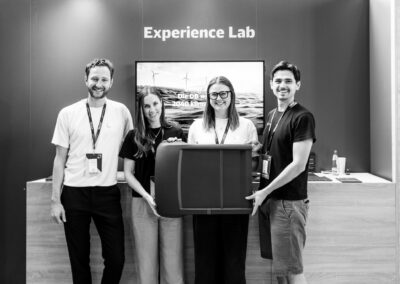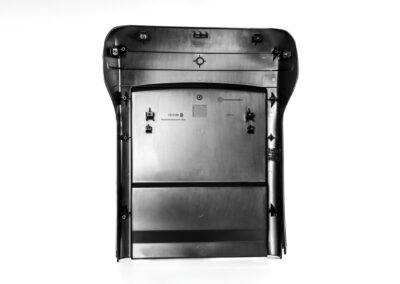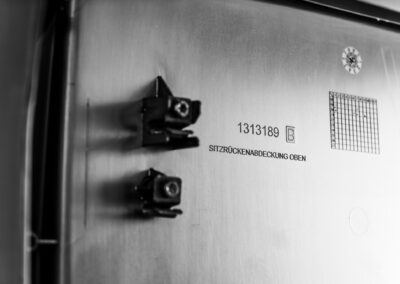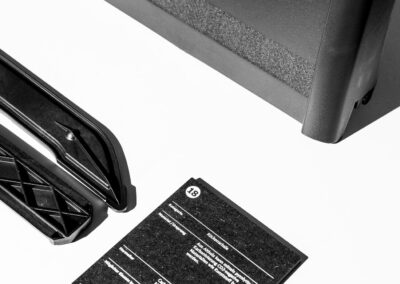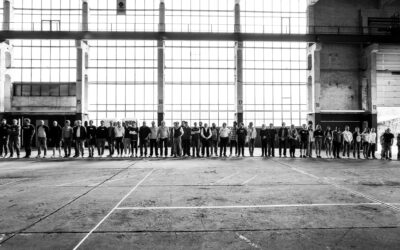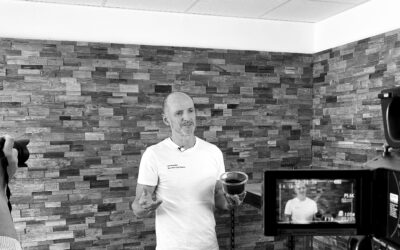For the first time, seat shells and armrests of the ICE were injection molded from CO2-negative plastic with a biocarbon content of 33%. The components are the result of a collaboration between carbonauten and the long-distance transport division of Deutsche Bahn (DB). The prototypes prove that large-format plastic parts with biocarbon can be produced.
The biocarbons are produced from wood residues and are a certified CO2 sink, as they permanently store carbon from the atmosphere. Positive side effects include a one-third reduction in the use of plastic, better mechanical properties of the parts, the elimination of petroleum-based carbon black for black coloring and better cost-effectiveness due to lower part costs.
The seat shells were presented at the Greentech Festival in Berlin. Next, the Deutsche Bahn Test Lab “Materials of the Future” will test whether the seat shells meet all the technical requirements (including fire protection and impact resistance).
Deutsche Bahn discovered carbonauten GmbH through its start-up program DB Mindbox. The long-term goal of the partnership is to carbonize waste wood from business partner DB Fahrzeuginstandhaltung (vehicle maintenance) in carbonauten’s minus CO2 factories in order to produce materials for DB from the technical biocarbon. A fully circular process.
The Portuguese supplier Montemeão carried out several tests with the Tech BioC Compound from carbonauten GmbH. After armrests were successfully injection molded in the first trial the seat shells were then fabricated.

